- Sponsored -
Monsoon Sets In: How To Deal With Wet N95 & Other Masks
Its Rainy Season. How Do I Deal With Wet N95 and other Masks in Monsoon weather
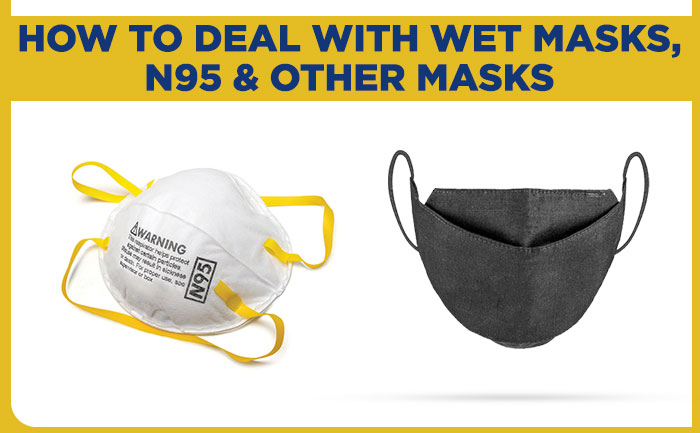
India is facing the brunt of the second wave of coronavirus. It is not only spreading much faster but is more fatal too. Wearing a mask to protect yourself and others from coronavirus has become quite essential. Face masks are essential for your safety as well as the safety of others. But with the arrival of monsoon in the country, people are facing a dilemma of how to deal with wet N95 and other face masks. As breathing through wet masks can be very challenging and may prove to be dangerous to some.
- Sponsored -
When you step out in rain wearing a mask, it will get wet. When face masks get wet, the filtering mesh gets clogged. Breathing through the clogged mesh will be difficult making it uncomfortable to the wearer. Moisture makes masks porous and because of this, all types of masks are essentially vulnerable in damp weather. The wet mask will also cause some skin infections and allergies to raise their heads.
So how do you tackle the issue of a wet mask? How to protect yourself from monsoon-related skin infections? All these and many other questions are answered here.
Check out how to tackle the issue of wet mask:
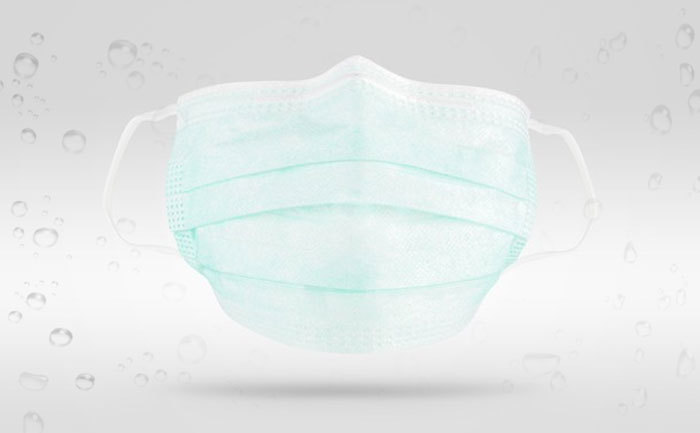
How do you tackle the issue of a wet mask?
1.Carry extra masks in a waterproof pack.
2. Recycle masks over a 5-day period.
3. One should not use masks more than 3-4 times.
4. Masks should be immediately changed if they become wet.
5. If the mask becomes wet, one should change it.
6. A wet mask should not be worn for an extended period of time.
Is Face Shield an Alternative?
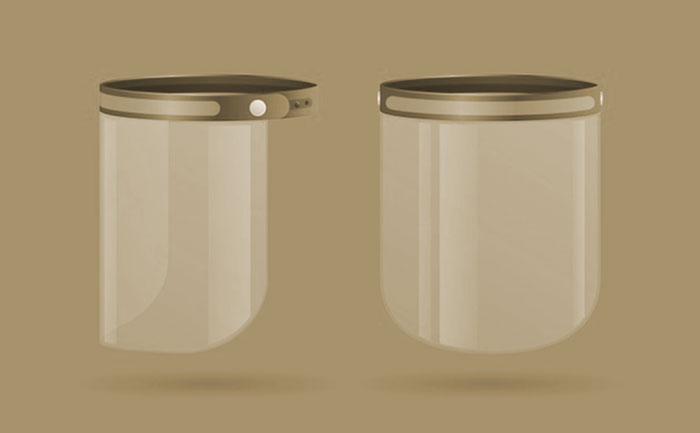
Face shields are there for the protection of the eyes.
They are not a substitute for masks.
What Kind of Damage Can the Mask Cause to the Skin?
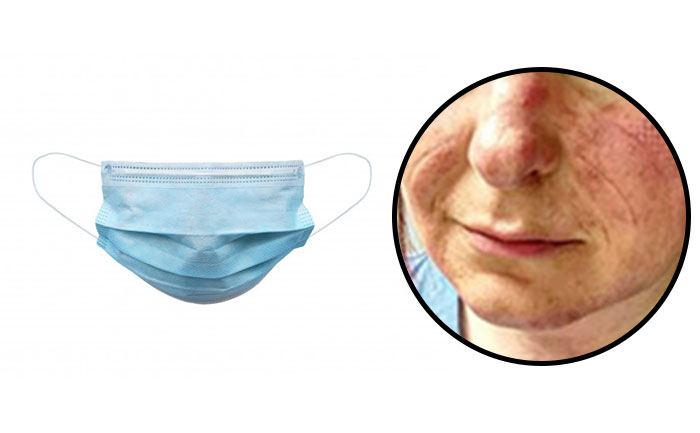
Allergies:
The N95 mask has 4 layers. The layer that comes in contact with the skin contains polypropylene. Polypropylene provides maximum protection and is recommended for masks by the World Health Organisation. But wearing a mask with polypropylene for a long duration can cause an allergic reaction.
Bacterial infection
Mask increases the risk of bacterial infection leading to rashes and pimples.
Acne Issues
Those who are already suffering from acne should avoid using ointments for some time. For if covered with mask it can cause dryness and skin irritation.
Makeup:
Do not apply makeup while wearing a mask. Putting on makeup and wearing a mask on top can block the pores of the skin, causing allergic reactions.
Moisturizer:
Skin dryness is a common problem while wearing a face mask. Applying moisturizer adds a protective layer that can reduce dryness.
Boys Stay Clean Shave!
Keep Your Cloth Masks Clean:
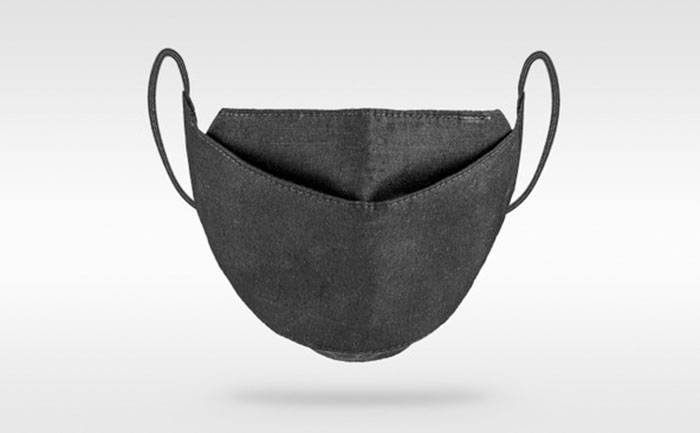
- You can wash clothes masks in a washing machine or by hand.
- Wash the mask in warm water
- Use fragrance-free laundry detergents.
- After washing your mask, check if the mask fits easily. If it does not it is less protective.
How To Dispose of Used Masks:
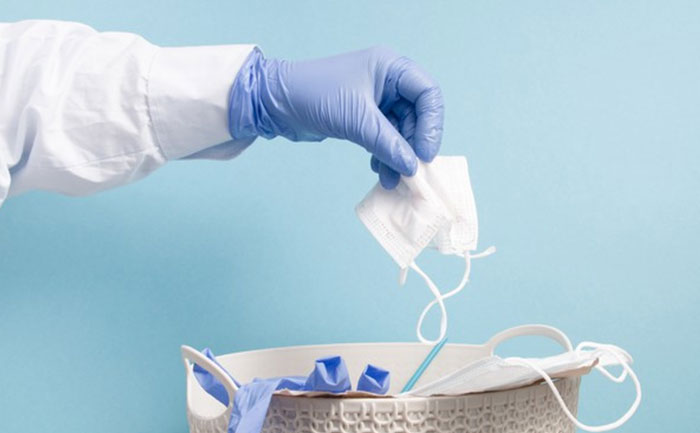
- Used Masks must be put in a paper bag or Ziploc bag and discarded in a trash can.
- One should wash or sanitize your hands after disposal.
Face masks are essential for your safety as well as the safety of others.
Also Read: How To Get Rid Of Acne: 7 Home Remedies For Smooth Skin
- Sponsored -
